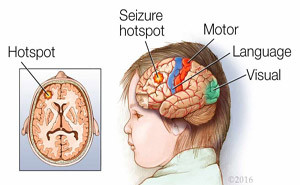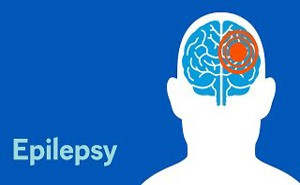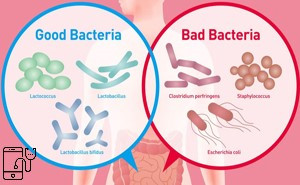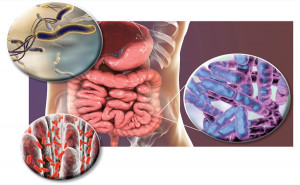Clinical-guidelines
This clinical practice guideline
for the evaluation and diagnosis of chest pain provides recommendations and
algorithms for clinicians to assess and diagnose chest pain in adult patients.The “2021
AHA/ACC/ASE/CHEST/SAEM/SCCT/SCMR Guideline for the Evaluation and Diagnosis of
Chest Pain” provides recommendations based on contemporary evidence on...
Physical Examination
Causes of chest pain are numerous; the initial evaluation
should focus on those that are life-threatening, such as ACS, PE, aortic
dissection, and esophageal rupture, to facilitate rapid implementation of
appropriate treatment. Specific clues can be helpful. Chest tenderness on
palpation or pain with inspiration markedly...
This is a summary of the American
Academy of Neurology (AAN) and Child Neurology Society (CNS) evidence-based
guideline reviewing all available evidence on the assessment of the child with
status epilepticus (SE). Status epilepticus (SE) is a
medical condition characterized by repeated epileptic seizures without complete
recovery between seizu...
This is a summary of the American
Academy of Neurology (AAN) and American Epilepsy Society (AES).For an adult with a first
seizure, the risk of a recurrence poses major concerns and raises the question
of whether immediate Anti-epileptic Drug (AED) treatment is advisable.Risk of Seizure RecurrenceQ1: For the adult who presents with an unprovoked...
Probiotics are living non-pathogenic microorganisms, which
when given in sufficient amounts should be
beneficial to host by improving its microbial balance in gut and participate in
the metabolism.Probiotics uses are common and recommended in different text books.Find out below beneficial effects of probiotics and what are covered in Medical Te...
Antibiotics treatment for bacterial
pneumonia in adults in hospital
Antibiotic management of
suspected or confirmed bacterial pneumonia in adults in hospital during the
COVID-19 pandemic. This includes people presenting to hospital with moderate to
severe community-acquired pneumonia and people who develop pneumonia while in
hospital.COVID...
Probiotics are live microorganisms that, when administered in adequate
amounts confer a health benefit on the host. RemoveAvailable BrandCurrent insights into the clinical applications for various
probiotics in gastroenterology are summarized below:
This WHO Therapeutics and COVID-19: living guideline now includes two recommendations regarding the combination of neutralizing monoclonal antibodies, Casirivimab and Imdevimab: a conditional recommendation in favour of use in non-severe patients (the condition being patients’ risk of severe disease: patients at highest risk represent good candidat...
Key facts
Antibiotic
resistance is one of the biggest threats to global health, food security,
and development today.
Antibiotic
resistance can affect anyone, of any age, in any country.
Antibiotic
resistance occurs naturally, but misuse of antibiotics in humans and
animals is accelerating the process.
A gr...
Revised guideline for clinical
management of Dengue4th Edition 2018, Revised
(Printed May, 2020)
The draft version of revised
guideline for clinical management of Dengue. The revised guideline contains new
conception regarding pediatric management as well as management of Dengue in
pregnancy. Dengue in Covid19 context has been briefly d...
Novel Coronavirus (COVID-19)
Guidelines of Bangladesh.
The guidelines for the diagnosis,
treatment, and control of the coronavirus disease (COVID-19).
The COVID-19 Treatment Guidelines have been developed to
inform clinicians how to care for patients with COVID-19. Because clinical
information about the optimal management of COVID-19 is evolving quickly.
The recommendations in these Guidelines are based on scientific
evidence and expert opinion. Each recommendation includes two...













